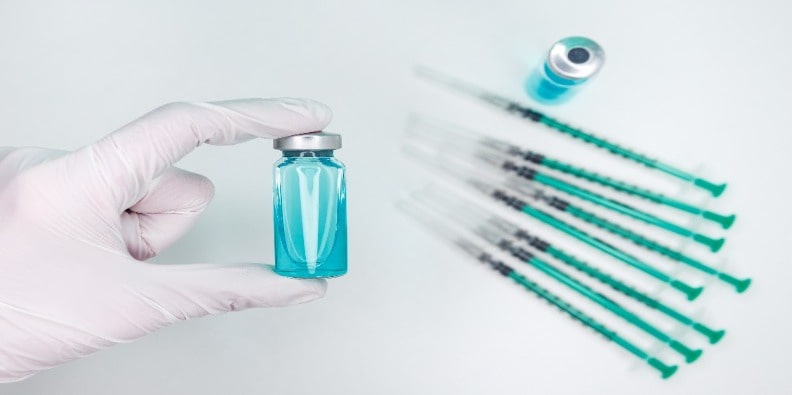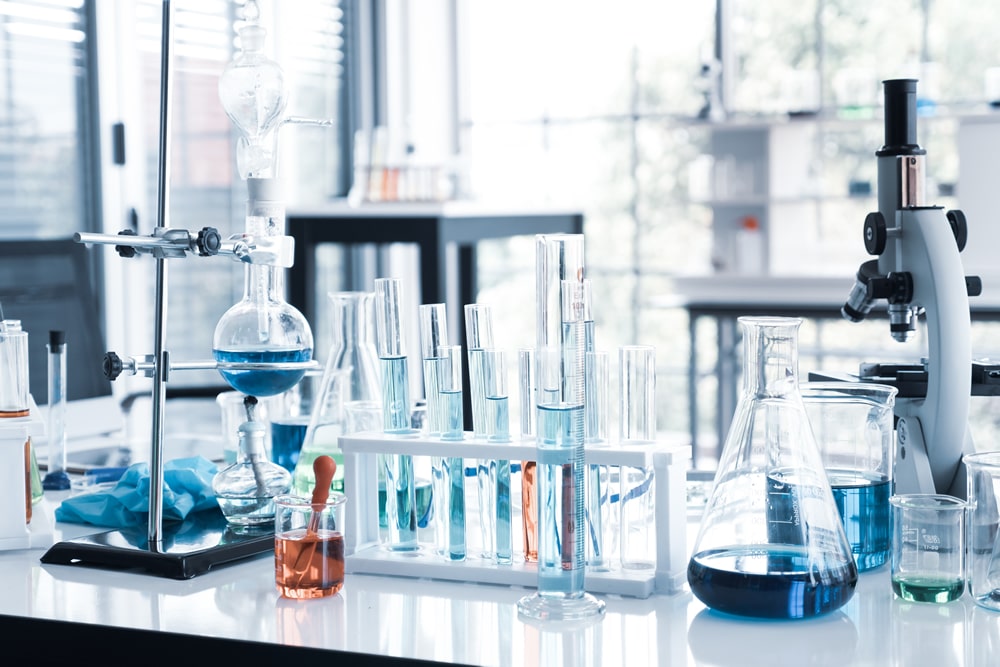Veterinary Medicines

Many veterinary products for animals have many tests and analyses to be carried out before licensing. The testing procedures performed on veterinary products within the scope of Good Laboratory Practices generally include tests and analyses such as physical and chemical tests on both active substances and formulated products, stability tests, studies to determine organic and inorganic impurities in veterinary products, development and validation of analysis methods for the determination of veterinary drug residues in various substances of animal origin.
Physicochemical Tests
- Identity Verification Tests: Provides a definitive identification of the active ingredients and other substances in the formulation.
- Purity Analyses: Aims to measure the amount of possible impurities (e.g. residues, degradation by-products) in the product and to control them within specified limits.
- Formulation Specific Considerations:
- Dissolution and Dispersion Tests: Determines the rate and extent to which the active substance is released in the body, especially in oral solid forms.
- Properties of Suspensions: The size of the particles in the suspension and the homogeneity of the product are examined.
- Stability of Emulsions: Analyzes the separation of phases and whether the physical integrity of the product is maintained.
- EnTests for Injectable Products: Critical quality criteria such as pH level, osmolality, microscopic particle count, sterility and presence of pyrogens/endotoxins are evaluated.
- Tests for Topical Products: Properties such as viscosity, spreading properties and particle sizes are measured.
- Oral Liquids: Physical parameters such as pH, specific gravity and viscosity are determined.
- Quantification: Analyzes are performed to determine accurate and precise quantities of the active ingredients in the product.
- Stability Studies: Test whether the drug product maintains its quality and efficacy over time under different storage conditions (such as temperature, humidity).
In Vivo Tests
- Safety Evaluations in Target Animals:
- Tolerance Tests: The aim is to monitor both local and systemic side effects at recommended doses in target animals.
- Overdose Safety: The adverse effects of doses administered above the recommended dose are investigated and the safety margin is determined.
- Reproductive and Developmental Toxicity: Potential toxic effects on reproductive capacity, gestation and offspring development in target species are examined.
- Effect Analyses on Physiological Systems: Potential effects on critical systems such as cardiovascular and respiratory systems in target animals are observed and detailed examinations are performed when necessary.
"Good Laboratory Practices (GLP)" through our solution partners and foreign partners in accordance with the relevant legal regulations and standards in our laboratories serving in many parts of Turkey It is carried out on Veterinary Medicines.
You can contact us for "Good Laboratory Practices (GLP)" in veterinary products.

